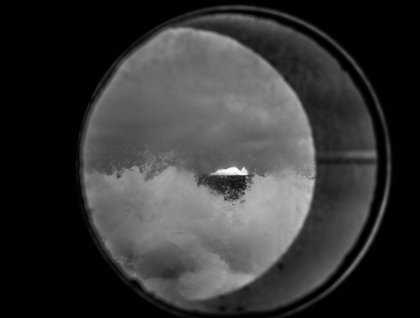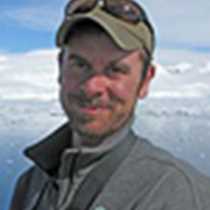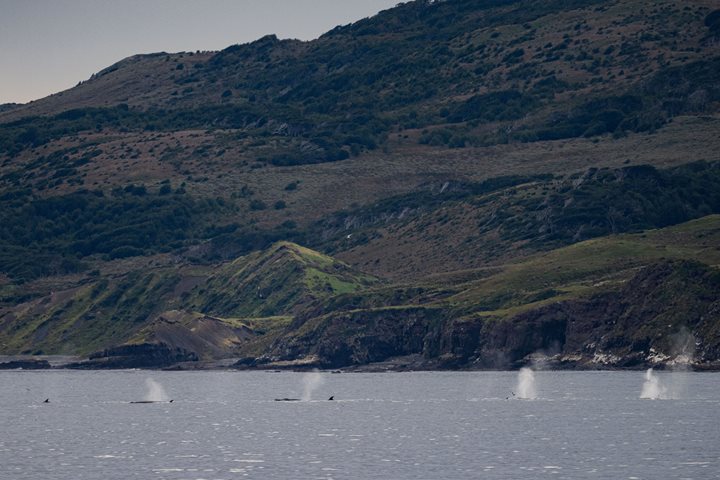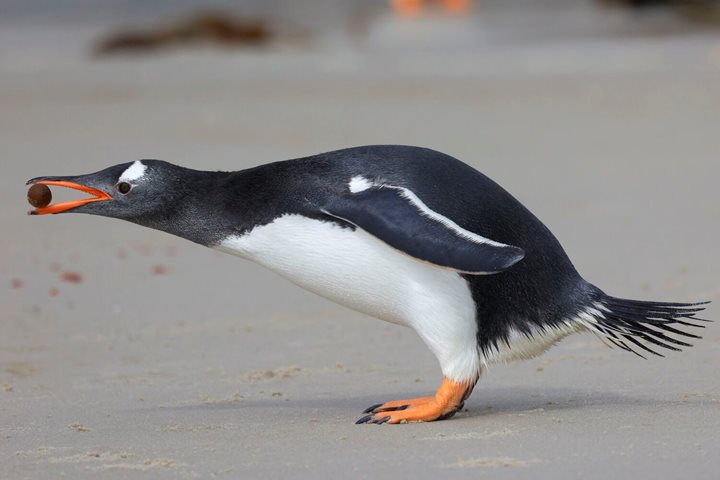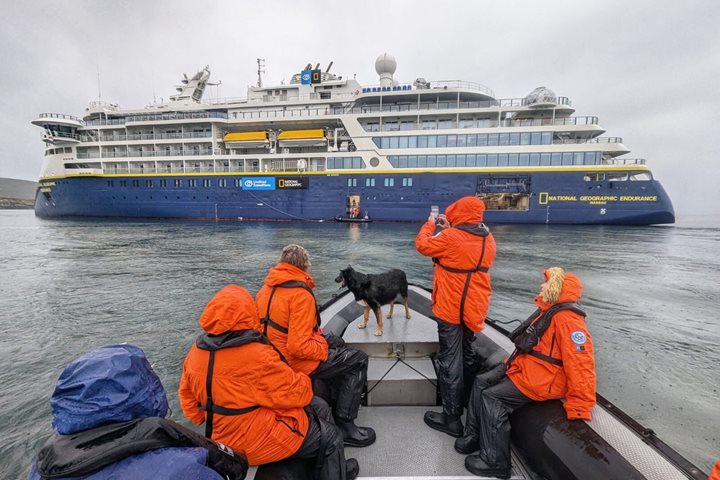Our voyage falls naturally into three parts and two of those are now complete. We have explored the Falkland Islands and then South Georgia, both self-governing British Overseas Territories. Ahead of us lies Antarctica, a continent still unexplored a century ago and today preserved for science by international treaty.
We are blessed with as calm a sea as the Southern Ocean offers for our southwestern passage across waters redolent with the names of maritime explorers, from Captain Cook in the 18th century to the legendary explorers of the early twentieth century ‘Heroic Age,’ Amundsen, Scott, and Shackleton. Cook made two great voyages in Endeavour and Resolution respectively and determined that no useful purpose would be served by venturing further into any frozen wastes that might lie in the far south. Of greater utility, he thought, were the fur seals and elephant seals of South Georgia, Cook thus acting as the harbinger of the sealer and whaling trade of the next two centuries that was to more than decimate the whale and seal population. By the time of the ‘Heroic Age’ personal ambition, national rivalry, and the quest for scientific discovery had combined in uneasy amalgam to begin to chart out the southernmost parts of the Earth.
One thing nearly all these early voyagers took for granted was a belief that the Antarctic was thoroughly desolate and inhospitable. Amundsen, who planted the flag of newly-independent Norway at the South Pole in December 1911, pipping Captain Scott’s team to the post, described the Antarctic continent as a “terrible place.” Scott concurred. It would have utterly amazed them that by the end of the 20th century the Antarctic had become a tourist destination, relatively easy of access and widely admired for its sublime landscape and wealth of wildlife, the latter conserved and respected rather than exploited. We have learned so much already through personal exploration of the landscape and observation of the native fauna, and heard a great deal about past generations of Antarctic exploration that the sense of anticipation before our first landfall in the “last continent’ is palpable.

